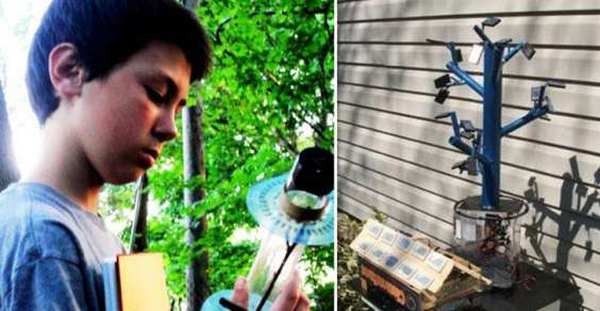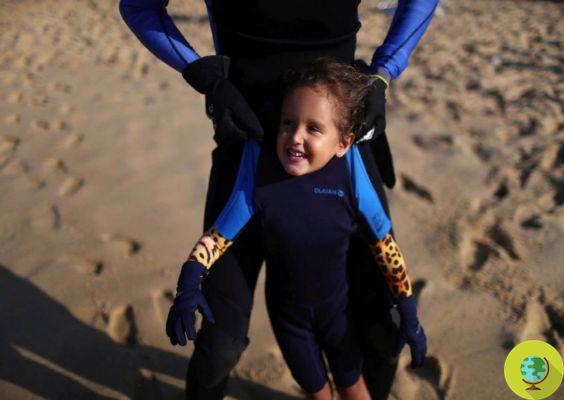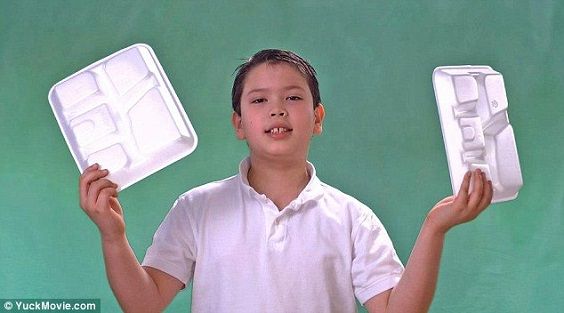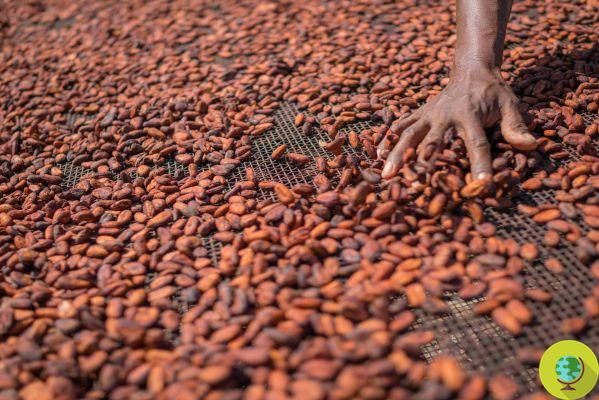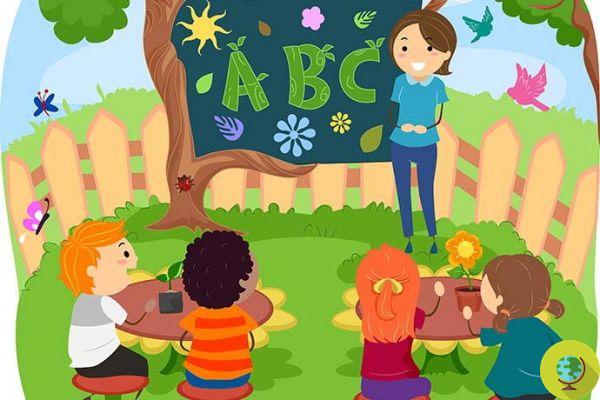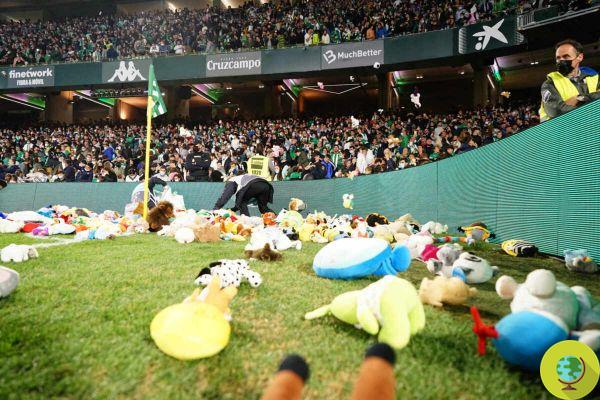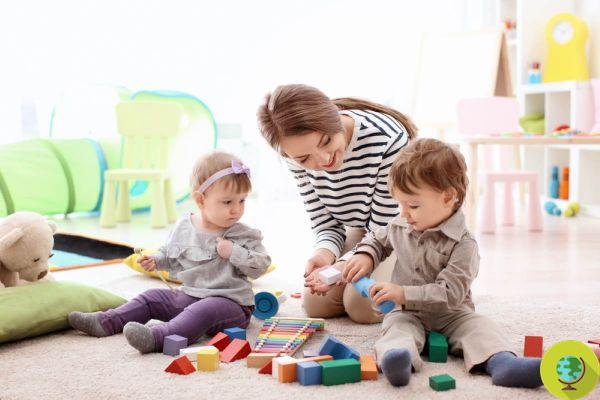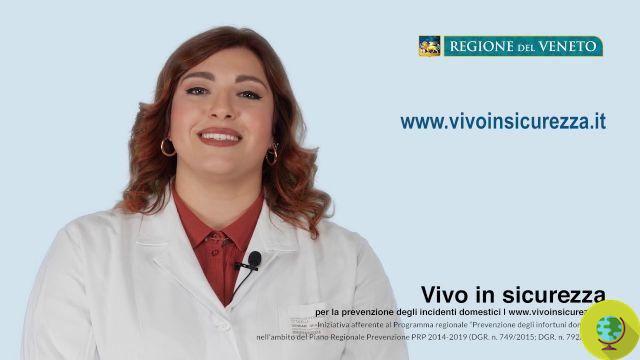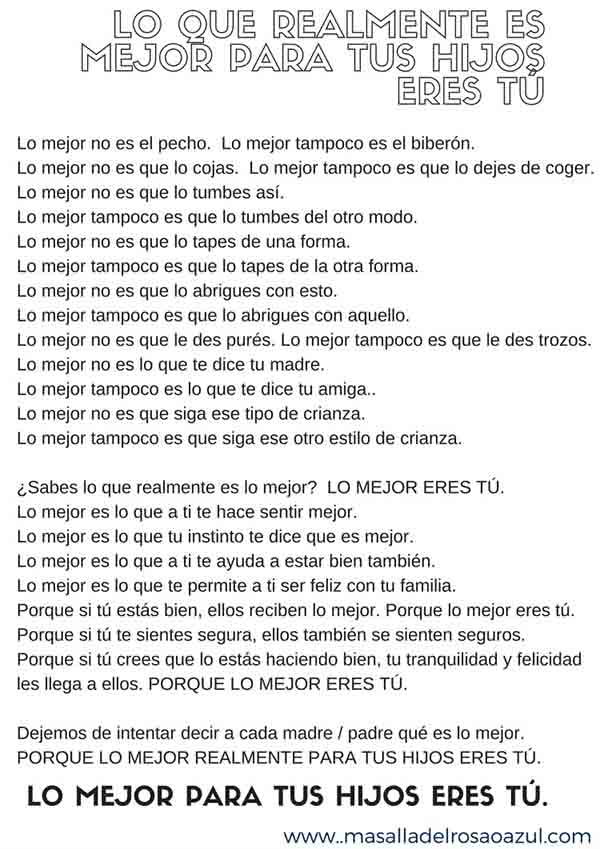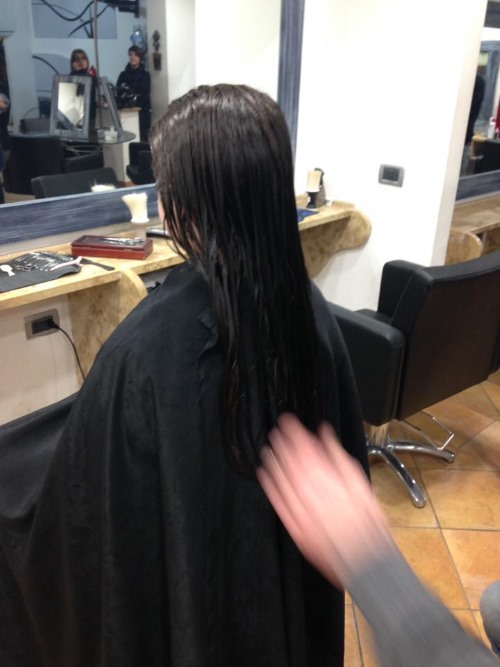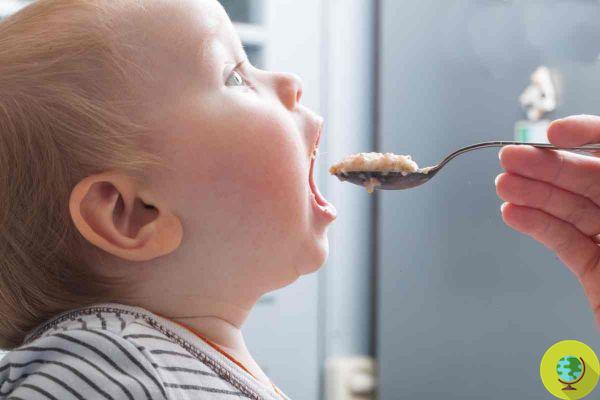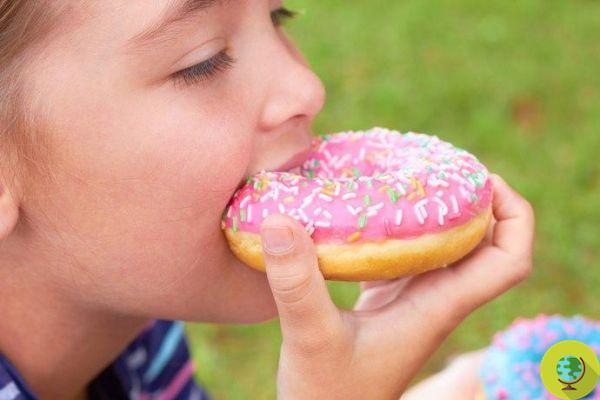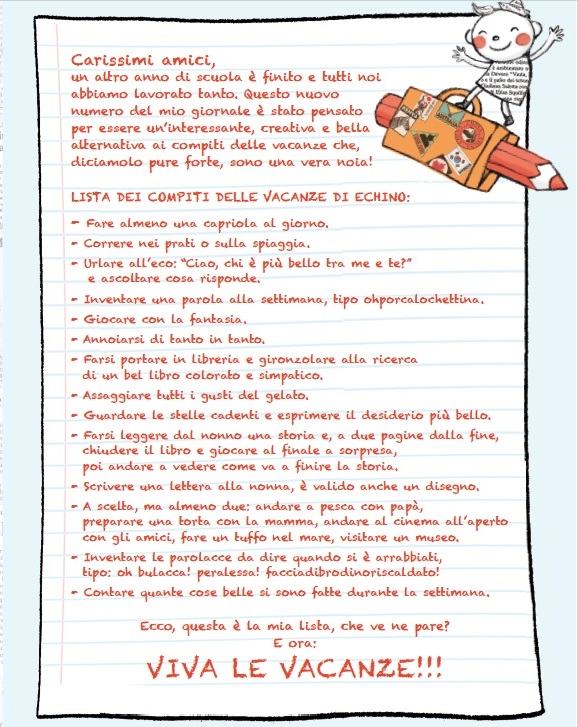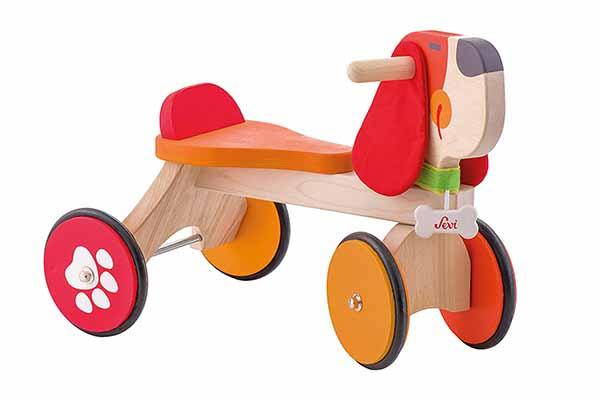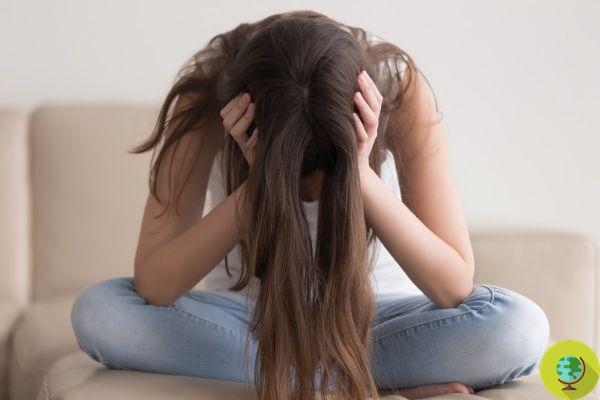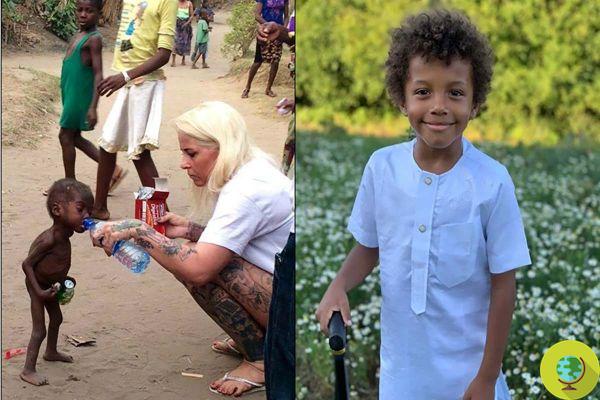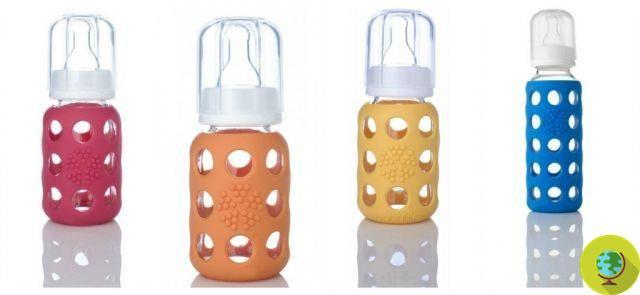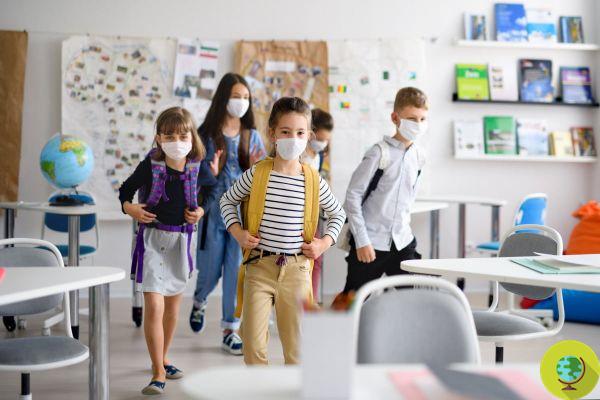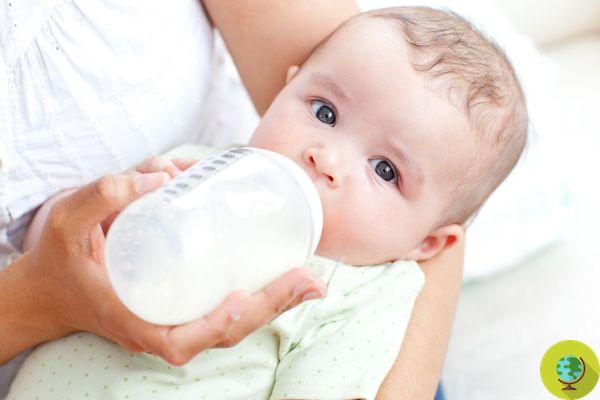
Perchlorate has not been banned from baby food and formula milk. The EU has just announced the new maximum limits
Don't store avocado like this: it's dangerousNew regulation on the use of perchlorate throughout the European Union. According to the European Commission, from 1 July 2020 it will be included in the list of contaminants present in food products but it will not be eliminated from baby food either. In fact, the new limits have been set. While we all look forward to a definitive ban on baby food ...
Perchlorate is a natural and man-made contaminant. In recent years there has been a growing interest in perchlorate levels in soil, groundwater, drinking water and health effects. According to an FDA study, human exposure to high doses of perchlorate can interfere with the absorption of iodide in the thyroid gland, disrupting its functions and potentially leading to a reduction in the production of thyroid hormones.
In recent days, the European authorities, which had already dealt with perchlorate in food in 2015, set the maximum limit for fruit, vegetables, tea and baby food, without however banning its use. The EC regulation 2020/685 was published in the Official Journal of the European Union (DOUE) on Monday 25 May 2020. It adds perchlorate to the list of contaminants present in food, such as nitrates, mycotoxins, metals, dioxins or hydrocarbons. It will have to apply from 1 July 2020 in all EU Member States. Unfortunately, this is a missed opportunity to remove this contaminant from our tables but above all from baby food.
The limits for fruit, vegetables, tea and infusions
Under the new rules, the maximum authorized quantity was set at 0,05 milligrams per kilo of fruit or vegetables, at 0,10 milligrams for Cucurbitaceae and kale (courgettes, cucumbers, melons, watermelons, etc.), at 0,5 , 0,75 mg / kg for leafy vegetables and herbs. Finally, dried tea (Camellia sinensis) and infusions based on dried herbs and fruits may contain a maximum of XNUMX mg / kg.
Milk and baby food
Speech and quantity apart deserve both formula milk and baby food. Unfortunately, even if in very low doses, pelchrat is also allowed in foods intended for children. In particular, it will not be able to overcome 0,01 mg / kg in the case of infant formulas, follow-on formulas, foods for special medical purposes intended for infants and young children and early childhood formulas. Furthermore, it should not exceed 0,02 mg / kg in other baby food.
However, the regulation specifies that food products legally placed on the market before 1 July 2020 will still be able to be sold:
"Food products listed in the Annex to this Regulation that were legally placed on the market before 1 July 2020 may continue to be marketed until their best before date or expiry date".
According to the Environmental Defense Fund, this chemical, also used as a component of rocket fuel, in addition to damaging the normal function of the thyroid gland, also reduces the production of the thyroid hormone necessary for healthy fetal and infant brain development.
Sources of reference: Environmental Defense Fund, Fda, Official Journal of the European Union
READ also:
Trump will not stop chemicals poisoning drinking water and harming children
These common food additives can be harmful to children, pediatricians say
Not only Bisphenol A: the "dirty dozen" of endocrine disruptors




